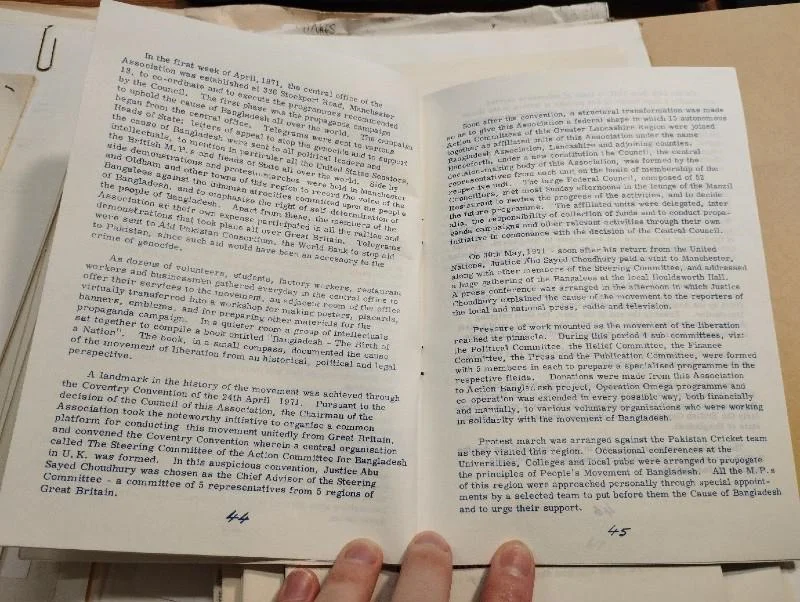Traces of South Asia

An ongoing project that seeks to foreground some of the stories in our archives and special collections that speak about South Asia.
By South Asia we mean any items in the Library’s archives and special collections that are about or created by people or organisations that have a relationship to the countries of Afghanistan, Bangladesh, Bhutan, India, Maldives, Myanmar, Nepal, Pakistan and Sri Lanka.
Find out more about the Traces of South Asia project and how to get involved.
Recent news
- We've lent some archives to a new exhibition at SOAS relating to the role of LSE alumni in authoring the India constitution. Open until 20 September 2025, check out After the Assembly: Constituting India
- For South Asian Heritage Month 2025 we hosted a wonderful interactive workshop with True Forms; a unique archive of more than 3,000 South Asia vinyl records. We displayed our archives of Mukti and She magazine; both available online from our South Asian Heritage collection.
- We’re delighted to see the launch of Remaking Britain, a digital resource which explores South Asian Connections and Networks, featuring some of our collections.
Resource guides

Find out about some of the South Asian material in our collections and how to search for more.
Digitised material

View a growing collection of digitised material from our archives relating to South Asia. Includes copies of the journal Mukti and She, as well as All Pakistan Women’s Association Newsletter. More to come!
Visitors and research case studies
We love having visitors come to our archives and we learn a lot from them. Here's a list of some the people that have engaged with our South Asia collections.
Have you used the South Asia collections at LSE Library? We’d love to hear from you and share your research here!
Online exhibitions
The project begins with a series of online exhibitions.
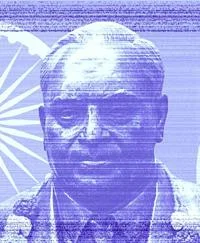
'Educate. Agitate. Organise' explores the student file of Bhimrao Ramji Ambedkar, curated in partnership with the LSE South Asia Centre and DecolonisingLSE Collective.

Dr Gillian Murphy introduces the Myra Sadd Brown Memorial Library that forms part of The Women’s Library collections.
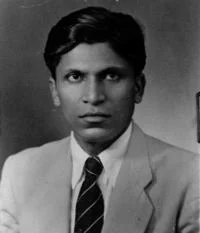
Highlights former LSE student Vithal Bayajee Kadam's study at LSE, arranged under a scholarship by Ambedkar.
Exhibitions
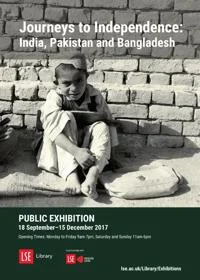
In 2017 LSE Library curated an exhibition in partnership with LSE South Asia Centre called Journeys to Independence: India, Pakistan and Bangladesh”. You can listen to a podcast related to the event and see more on our past exhibitions webpage.
Video talks
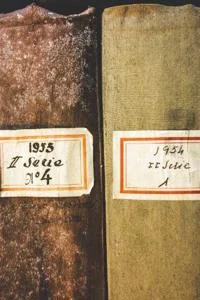
How do we write academic narratives when the archives are fragmentary, with traces connected by gaps?

Listen to experts discuss caste, constitution and gender in the light of Ambedkar’s life and work at this event by LSE South Asia Centre, LSE Library, and the DecolonisingLSE Collective.

Watch this talk from LSE Library, LSE Anthropology, and LSE International Inequalities Institute with the editors and authors of the recently published book, Ambedkar in London.

Watch LSE Library's Daniel Payne talk about this project.

Visiting LSE campus?
Check out this video on the traces of Ambedkar on campus, including the bust and portrait.
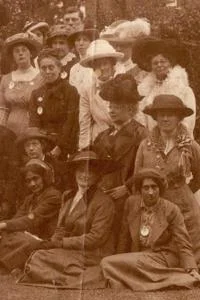
Watch Sumita Mukherjee's talk about Indian sufragettes as part of our Suffrage 18 celebrations.
Watch Indian Suffragettes: Female Identities and Transnational Networks

Watch an esteemed panel of historians and writers as they celebrate the republication of an early anti-imperial feminist classic.
Blog posts

Explore the papers of the late Peter Shore (MP) and his relationship to Bangladesh.
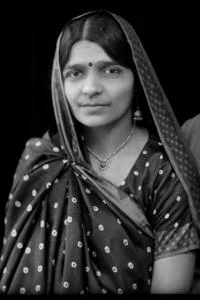
Explore the life of one of India’s pioneering feminists Hansa Mehta, who blazed a trail for equal rights for Indian women.
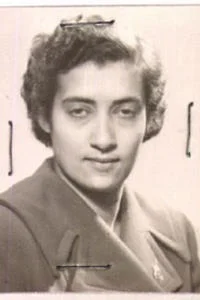
Explore the life of Zuhra Karim, one of the great pioneers of women's journalism in Pakistan.

Explore the story of Afia Begum and the rise of South Asian immigrant women as a political lobby in the UK.
Read Afia Begum, Brick Lane’s ‘Sari Squad’ and South Asian Women’s Rights in the UK

Explore this post about buried data on South Asia at LSE Library.
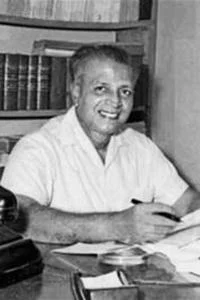
Explore the life of LSE alumni N M Perera.
Further information
Acknowledgements
Lead photograph at the top of this webpage is from the archives of Neville Sandelson MP, on a visit to Pakistan and Afghanistan with Lord Cranborne, SANDELSON/12/21.
Many people have supported us at the beginning of this project for which we are thankful. We would particularly like to thank Dr. Nilanjan Sarkar for his tireless expertise, kindness and support on this and related projects.

